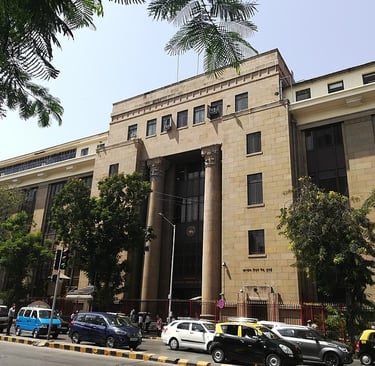RBI's Directive on Board Observers in NBFCs: Implications for Investor Oversight and Governance
CORPORATE LAW


In December 2024, the Reserve Bank of India (RBI) issued a directive instructing Non-Banking Financial Companies (NBFCs) to remove board observers appointed by private equity (PE) and venture capital (VC) investors. This move aims to address concerns over governance and accountability within the financial sector.
Background
Board observers are typically appointed by investors to monitor the activities of an investee company without assuming the legal responsibilities of a director. They attend board meetings, receive information, and participate in discussions but do not have voting rights. This arrangement allows investors to exercise oversight while limiting their exposure to liabilities.
RBI's Concerns
The RBI's directive stems from concerns that board observers, while influencing company decisions, are not subject to the same regulatory scrutiny and legal obligations as directors. Directors of NBFCs are required to meet stringent 'fit and proper' criteria and are held accountable for the company's actions under the Companies Act, 2013. In contrast, observers are not formally recognized under Indian law and, therefore, do not bear similar responsibilities.
Implications for Investors
This regulatory shift necessitates that investors reconsider their governance strategies in NBFCs. Investors may need to decide between appointing directors, thereby assuming legal responsibilities, or relinquishing direct oversight. The RBI's move could impact the attractiveness of NBFCs to investors, potentially affecting capital inflows into the sector.
Conclusion
The RBI's directive marks a significant step towards enhancing governance and accountability in NBFCs. While it may alter the dynamics of investor oversight, it underscores the importance of aligning investor influence with legal responsibilities to ensure transparent and responsible management within the financial sector.
